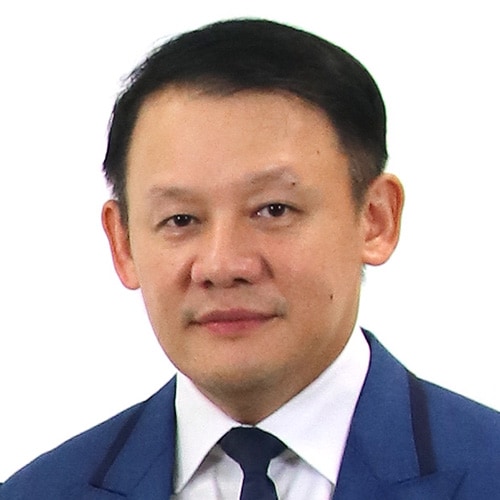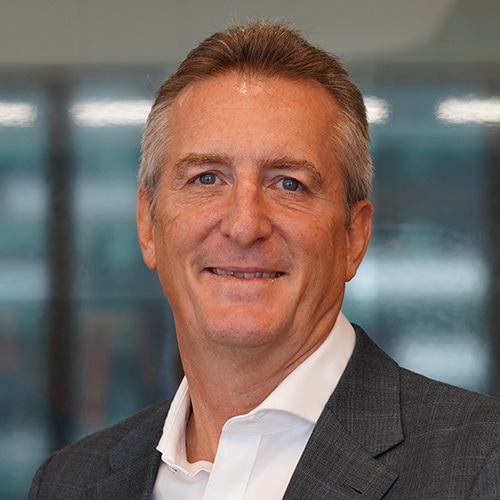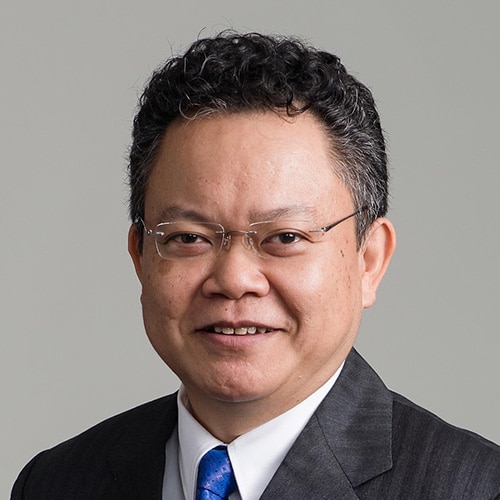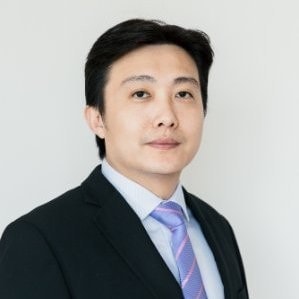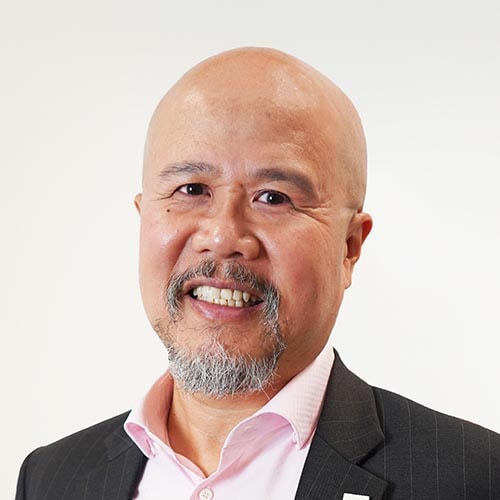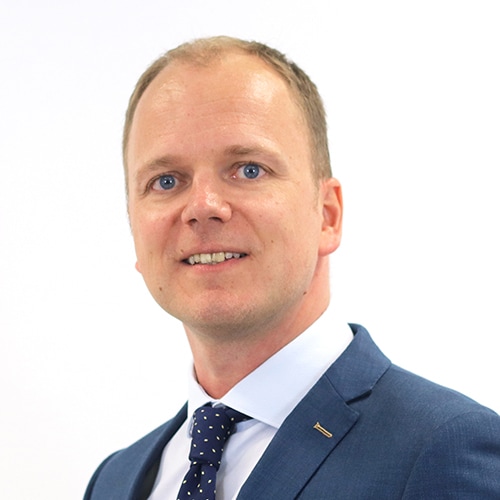{{item.title}}
{{item.text}}

{{item.text}}
In the course of the next 10 years, almost 40% of Singapore CEOs expect their organisation will cease to be economically viable, if it continues on its current path. That stark data point underscores a dual imperative facing CEOs who responded to PwC’s 26th Annual Global CEO Survey. Majority of CEOs feel that reinventing their businesses for the future is critical, however, they also face daunting near-term challenges, starting with the global economy, which nearly 90% believe will see declining growth in 2023.
The recent Budget 2023 announcements provided some needed support through newly introduced measures such as the Enterprise Innovation Scheme (EIS) encouraging businesses to engage in research and development to drive business transformation and the Singapore Global Enterprises (SGE) Initiative that will provide customised assistance to promising large local enterprises in innovation and capability building, which were also among the top investment priorities of CEOs surveyed locally. At the same time, Budget 2023 also announced the plans to implement the Global Anti-Base Erosion (GloBE) rules and a domestic top tax from 2025, which CEOs surveyed considered as the second most impactful factor to their industries’ profitability. With the advance notice, businesses will be able to prepare for the road ahead, and take full advantage of the two-year lead time to formulate the right blend of strategy, technology, data and capabilities.
We’ve organised this year’s survey summary into four groups on what it takes to operate in our dual-imperative world.
A stark contrast to last year’s over-optimism is seen to be replaced by excessive pessimism for 2023. Almost 90% of Singapore CEOs believe global economic growth will decline over the next 12 months, a first in the past 4 years. Leaders in many major economies and economies within Asia Pacific are also more optimistic about the near-term growth prospects of their own countries than the global economy.
Q: How do you believe economic growth (i.e., gross domestic product) will change, if at all, over the next 12 months in the global economy?
Base: All respondents (2020=31, 2021=33, 2022=35, 2023=36)
Source: PwC's 26th Annual Global CEO Survey
Businesses will need to take an inside-out approach to identify new value propositions that are unique to them that are powered by their capabilities.
Q: How do you believe economic growth (i.e., gross domestic product) will change, if at all, over the next 12 months in the global economy/your country/territory?
Source: PwC's 26th Annual Global CEO Survey
CEOs are recognising the potential for disruption ahead, with nearly 40% surveyed in Singapore expecting their companies to no longer be economically viable a decade from now, if it continues on its current path. Over 60% of CEOs indicated that the impacts from changing customer preferences and regulatory change are most likely to impact their industry’s profitability over the next ten years. About 55% flagged labour market shortages and technology disruption, while around 40% cited supply chain disruptions and potential for new entrants from adjacent industries, and nearly one-third pointing to transition to new energy sources as part of the challenge to profitability.
Q: To what extent do you believe the following will impact (i.e., either increase or decrease) profitability in your industry over the next ten years?
(Showing sum of “to a large extent” and “to a very large extent” responses)
Base: All respondents (2023=36)
Source: PwC's 26th Annual Global CEO Survey
The biggest near-term challenge facing CEOs, unsurprisingly, is the state of the global economy. Driven by strong post-pandemic rebound, supply chain frictions, war-related disruptions and tight labour markets, the world is currently seeing a surge in inflation. Likewise in Singapore, imported inflation, a strong recovery from the pandemic and a tight labour market have added to price pressures.
Over the next 12 months, CEOs feel most exposed financially to inflation and macroeconomic volatility. The picture changes for CEOs’ medium-term outlook, with inflation falling off the top tier of risk exposure, and geopolitical conflict and cyber risks joining macroeconomic volatility at the top.
Q: How exposed do you believe your company will be to the following key threats in: a) The next 12 months? b) The next five years?
(Showing sum of ‘highly exposed’ and ‘extremely exposed’ responses)
Base: All respondents (2023=36)
Source: PwC's 26th Annual Global CEO Survey
Q: What actions, if any, is your company considering to mitigate against potential economic challenges and volatility in the next 12 months?
Base: All respondents (2023=36)
Source: PwC's 26th Annual Global CEO Survey
In response to near-term economic challenges, CEOs report taking actions to spur revenue growth and cut costs, without delaying strategy M&A initiatives. Likely a result of the recent ‘great resignation’ and the ongoing war for talent, CEOs do not plan to reduce workforce or compensations to stay afloat.
With pressures mounting from global supply chain disruptions, coupled with the ongoing war in Ukraine and tense US-China relations which look unlikely to ease, CEOs must perform a balancing act between managing the near- and long-term threats through strategic allocation of their time and corporate resources and developing empowering conditions to enable change in their organisations.
We asked CEOs on how they split their time among a range of priorities, including driving current operating performance; adapting the business for the future; spending time with customers; engaging with employees; and interacting with investors, the board and other external stakeholders. Driving current operating performance consumed the biggest share of CEOs’ time, and given the opportunity to redesign their schedules, they would spend more time evolving the business and its strategy to meet future demands.
Q: During your work time, on average, what percentage of time do you spend on each of the following?
Q: Knowing what you know now, if you could start over with a blank calendar, how would you allocate your time as CEO?
Note: Re-based on the proportion of time spent across driving current operating performance and evolving the business and its strategy to meet future demands.
Base: All respondents (2023=36)
Source: PwC's 26th Annual Global CEO Survey
There's also a need to invest in upskilling programs for people-leaders and employees that also touch on interpersonal and non-technical skills to navigate increasing complexities.
Q: Which of the following investments, if any, is your company making in the next 12 months?
Base: All respondents (2023=36)
Source: PwC's 26th Annual Global CEO Survey
Q. For each of the statements below, please indicate how frequently these occur in your company:
Base: All respondents (2023=36)
Source: PwC's 26th Annual Global CEO Survey
Combating climate change requires a coordinated, long-term plan and it would not be solved if the only companies working on it are those that face immediate financial impact.
It is encouraging to see over 50% of companies surveyed in the midst of or have executed initiatives to reduce their emissions, innovate new climate-friendly products or processes and develop data-driven, enterprise-level climate strategies in parallel. However, the majority of Singapore companies (80%) interviewed have yet to adopt an internal carbon pricing (ICP) mechanism. Given the maturity of Singapore companies on their sustainability journey, this presents an opportunity to tap on ICP to complement their existing climate strategy by helping them account for considerations like taxes and incentives and clarifying strategic tradeoffs.
Q: Below is a list of actions companies may undertake to prepare for the risk of climate change. Which statement best characterises your company’s level of progress on these actions?
Base: All respondents (2023=36)
Source: PwC's 26th Annual Global CEO Survey
With CEOs in Singapore expecting a smaller degree of impact from climate change in the next 12 months, primarily in their cost profiles and supply chains, as compared to their peers globally, it will be hard to predict how Singapore will move the needle in its decarbonisation initiatives in the near-term.
The next challenge will be to get stakeholders which include suppliers, customers, people, other ecosystem players on board. Their success will be the business' success.
Q: To what extent do you expect the following areas of your business to be impacted by climate risk in the next 12 months?
Base: All respondents - Singapore (2023=36)
Source: PwC's 26th Annual Global CEO Survey
“Business leaders in Singapore increasingly need to balance dealing with near-term threats and rising costs, and the pressing need to reinvent their businesses to stay relevant and viable. CEOs that are ready to embrace and drive change would be best positioned to help their companies survive and even thrive.”
“What stood out from Singapore CEOs this year is the heightened sense of pessimism, where nearly 90% surveyed believe global economic growth will decline over the next 12 months, compared to 73% globally.
While this is not surprising given Singapore’s open economy, it will take more than re-evaluating operating models and cutting costs to survive and thrive in a world that continues to change at a relentless pace. Businesses will need to take an inside-out approach to identify new value propositions that are unique to them that are powered by their capabilities.”
“No organisation can afford to stand still in the face of emerging disruptive technologies. The question for many leaders now is how they can anticipate, prepare and develop appropriate plans for the future. This year’s survey results illustrates the vital importance of fundamentally transforming a company's strategic direction, business model and operations to respond to shifting markets and customer expectations. The adoption of new digitally enabled business models and optimisation of technology across organisations will be key enablers for change for many businesses.
Technological and reinvention-oriented investment continue to remain top of mind for business leaders. Whilst much has been done to embrace technology by many businesses in recent times, the need for organisations to continually reinvent themselves will be an imperative for many. It is only through investing in innovation and reinvention that businesses can really hope to stay relevant and sustainable for the long term. From a technology perspective, businesses will continue to invest in cloud-based technology and automation whilst experimenting with newer emerging technologies. However, it is the investment in people to continually upskill them and enable them for the future which will be the most essential ingredient to thrive in the future and capitalise on the benefits that technology can provide.”
“CEOs believe that workplaces act as possible conduits for higher productivity and discretionary performance by investing in the upskilling of its most important stakeholders – its workforce. Oftentimes, low-latency technical skills are favoured for their apparent relationship to work outcomes. However, research shows that on their own these are not sufficient. Instead, we need to also invest in high-retention, high-latency core critical enabling clusters of skills (thinking critically, interacting with others and staying relevant) – the skills that enable us to learn other skills.”
“40% of these CEOs clearly view disruption and change as inevitable. This presents both opportunities and threats to new technology companies given global CEOs are probably more open to new business models through collaborations and mergers and acquisitions.”
“With impending changes such as the Global Anti-Base Erosion (GloBE) rules – also commonly referred to as the global minimum tax regime - gaining momentum, the survey results certainly capture business leaders’ concerns on the impact impending changes have on their business. Now that Singapore has announced its plan to implement the GloBE rules and a domestic top tax from 2025, a countdown clock needs to have started for the affected businesses in Singapore, and that they will need to ensure they have the right strategy, technology and data as well as capabilities to get ready.”
“It is indeed a very challenging time for CEOs, they must reimagine how their businesses can continue to stay relevant and at that same time, tackle immediate issues such as fast-changing customer demands, rising costs, supply chain disruptions and talent challenges. Close to 90% of CEOs recognise that automating their organisation processes and systems through digital transformation and adopting new technologies such as Cloud and AI is fundamental to their survival in the new environment. However, this can be quite daunting and a costly undertaking, and CEOs must formulate their business-led digital transformation agenda, prioritising digital innovation initiatives, speed to value projects and upskilling the workforce.”
“Critical to businesses’ ability to continue to grow and thrive is its workforce. CEOs need to encourage their C-Suite to rethink workforce strategy as well as redesign tasks and responsibilities to better align roles with the changing environment. There's also a need to invest in upskilling programs for people-leaders and employees that also touch on interpersonal and non-technical skills to navigate increasing complexities.”
“With more than half of CEOs surveyed, at 55%, reporting that they are either developing or have completed developing a data-driven, enterprise-level strategy for reducing emissions and mitigating climate risks, this give us confidence that Singapore businesses are on the right path in their sustainability maturity journey. The next challenge will be to get stakeholders which include suppliers, customers, people, other ecosystem players on board. Their success will be the business' success."
{{item.text}}

{{item.text}}






